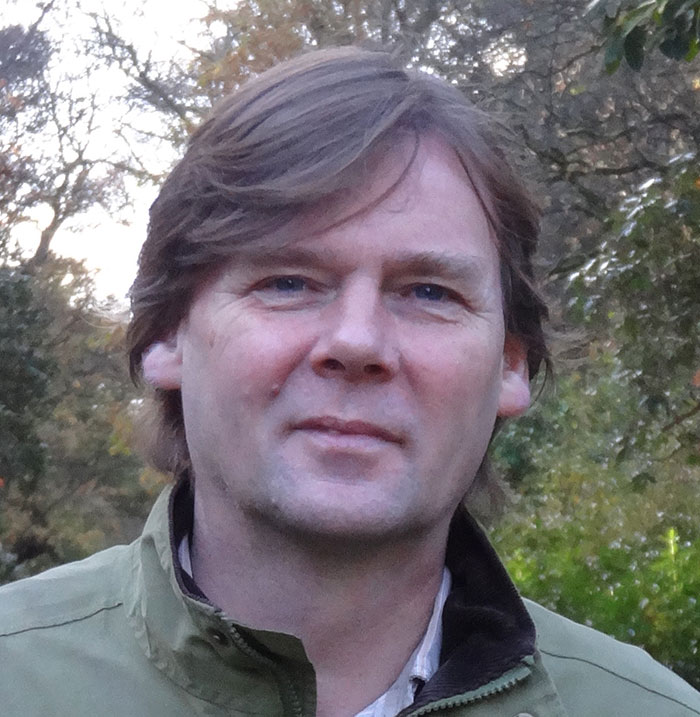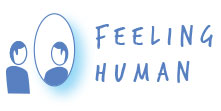Use it or lose it:
For many of us, this year will bring a host of decisions, not least about our budget, and how to make the best of what we’ve got.
should we go for that job? what about setting up our own business? we definitely need a holiday … the list goes on. But how do we know if the decision we’ve made is the right one?
‘What should I do now?’ I have, on more than one occasion, overheard people throwing this question either to themselves or to others. That ‘what’ could be as simple as to buy or not to buy, to help or not to help, to move on or stay put, even to say something or just keep quiet.
Quite often, rather than just shrugging their shoulders, someone may come up with what sounds like reasonable advice, such as: ‘Make a list of pros and cons.’ ‘Ask somebody who would know better.’ Or possibly, ‘Don’t make a decision now – sleep on it.’ Some people seem to be able to make decisions quickly and easily, while others spend a long time giving serious thought to whatever it is they’re considering doing.
Why do we find it difficult to make decisions?
One reason we struggle with decision-making is that we care about the consequences, either for ourselves or others, and want to take precautions against making a mistake.
Our heads can be full of circling thoughts, giving us too much to think about. We’ve moved on to the next thing before we have even made up our minds about the first. We go back and forth like this for ages, getting nowhere. The wee devil on one shoulder can sound more attractive than the angel on the other. We might not even go through the process of making a decision, but just react to our emotions, then realise what we have done, often when it is too late.
During the decision-making process, as thoughts arise we notice them in our mind and then, after some analysis, respond to them, adapting our choices or options until a decision is reached. This adapting process includes thoughts incurred from experience or skills, principles either cultural or religious, logic and, of course, emotions such as desire, anger, fear and pain. Some of us might notice these thoughts as they arise; others disengage from them, much in the same way they get used to constant stimulus. Then a feeling occurs of what the right action might be, and a decision is made.
Our memories, life experience and accepted principles seem to filter or influence the first thought to arise consciously in our minds. That first thought may appear to be habit, good or bad, based on our previous experience of the world or from a similar task, rather than a new thought, appropriate for this latest venture.
Is there a way to make these mental systems of ours work to our benefit, rather than letting them rule over our actions?
Let’s take a look at one of those common pieces of advice: ‘Sleep on it – things might be different in the morning’. It is not that the situation is likely to be any different, but we are: things, surprisingly, seem not to be quite as difficult as we first assumed them to be. So what is different about us?
The thoughts that arise in our mind may now seem to be clearer and we are generally inclined to be calmer, even if the circumstances are still the same. Some of the potential considerations that were in our minds might have drifted away, discarded as being extreme or silly.
What exactly is happening here? Does the solution that comes to mind later on bring about calmness and clarity, or is it the other way round? If the former happens to be correct, we can be glad of our luck. However, if it is the latter, then can we use that again? If we want to make decisions to the best of our ability, to have our minds in the best state to make a decision, how do we achieve that state? ‘Being awake’ is a better state of mind for making a decision than ‘daydreaming’ or being on ‘automatic pilot’. Daydreaming may be self-explanatory, but being on autopilot is a situation in which we are doing something while the mind is preoccupied with other matters – a handy skill to have in some situations. But being on autopilot hinders us from being awake to what we are doing. We’re not paying attention.
A major step towards giving a matter our full attention involves noticing sensory information in relation to the task in hand, that is, knowing what you see, hear, smell, taste and sense about what you are doing. A quick scan of your sensory information doesn’t take long, and with practice, it can become instantaneous.
It is important to note that we can only focus on one task at a time. We’re not great multi-taskers. Although we can move from one thing to another very quickly, often enough we lose our attention between tasks (Did I leave the gas on? Where did I put the keys?). Paying complete attention to the task in hand can lead you to be free from unwanted thoughts. For instance, you may recall times when you were so busy that you forgot your worries.
Worries or desires, and other thoughts, sometimes steal our attention between tasks. As this happens, any decision regarding the task is made on autopilot, hence not at our best potential. There is a difference between our minds being captured by other thoughts and making a conscious choice to consider and deal – or not – with any problem we might be worried about. In the latter situation, if dealing with a problem is pertinent, then have your attention on it. But when you’re at a different task and not needing or wanting to ponder over your problems, then your attention returns to the problem in hand. In this way, we keep ourselves from the state of being on autopilot.
My own experience of paying attention shows that the state of calmness and clarity of mind will be cultivated, alongside the confident feeling that a decision has been made to the best of my ability, without the disruption of stressful thoughts. I mentioned earlier that paying attention means the mind is devoid of other inappropriate thoughts – yesterday’s actions or tomorrow’s needs – unless you choose to entertain them. Calmness and clarity brought about by paying attention provide the best state of mind for decision-making. In fact, you hardly have to make a decision: the first thoughts that arise, without the distraction of inappropriate thoughts, are clearer and more decisive.
Why might it be difficult for people to pay attention?
Any possible benefit can only be gained if we recognise it and experience it ourselves. Motivation empowers any opinion or action towards achieving our purposes. A lot depends on motivation, not just to gain the result of your decision, but the motivation to make a good decision because it is the right thing to do. (Your final action is dependent on your decision, so your state of mind is of the utmost importance.) Your motivation then is towards paying attention, and less towards having to think more.
Take this example: you make a conscious decision to smile as you enter a room full of people, because this may raise the spirits or improve the atmosphere in the room, leading to possible better outcomes – the butterfly effect – for yourself, and others. You may even prevent a fight – who knows?
Often a good decision can be known only with hindsight. A good decision is one made when you are in the best state of mind to make it. The consequences or outcomes then have the best potential to be good ones. Plato notes: ‘When the opinion of the best … has dominion in the soul and orders the life of every man, even if we are sometimes mistaken, if what is done was in accordance therewith and is best for the whole life of man, this is to be called justice.’
Any mistakes made just lead to another decision for later.
We ought also to debunk the myth of ‘what arises in my mind is just me being me’, and that we are unable to control our thoughts. The truth is, we can change our minds, and we can influence others by leading through good example. Hence, thoughts that used habitually to arise in a certain situation may fail to surface after you have changed your mind, possibly because of repeated experience. So we are not really stuck with the same old thoughts. The new thoughts that emerge are no longer filtered through the same old opinions we used to hold.
As you walk down the street, if you pay attention to what you see and hear and sense without judging or being distracted by other thoughts, you will be able to notice and respond to your surroundings, such as a job advert or a beautiful view, which you may miss if your mind is going over the argument you had yesterday.
Once you have noticed something of interest and pay attention to it – say, listening in full in a conversation without letting your judgement or ego butt in – then you will respond as appropriately as you can. Nine times out of ten your action or opinion will be taken well by the receiver, as if they are hearing your motivation.
You are yourself if you are in control of your own decision-making, rather than simply responding to cultural expectations and principles that lead to habitual responses. The feelings of liberation, happiness and goodness that come with clear decision-making can only be relinquished if you take to experiencing it for yourself.
Ian Boyd has studied and practised philosophy for 25 years, and is a tutor with the School of Philosophy Scotland.
philosophy.uk.com

Ian Boyd MSc.
I am a BABCP accredited CBT therapist and accredited by COSCA to teach diploma in CBT
